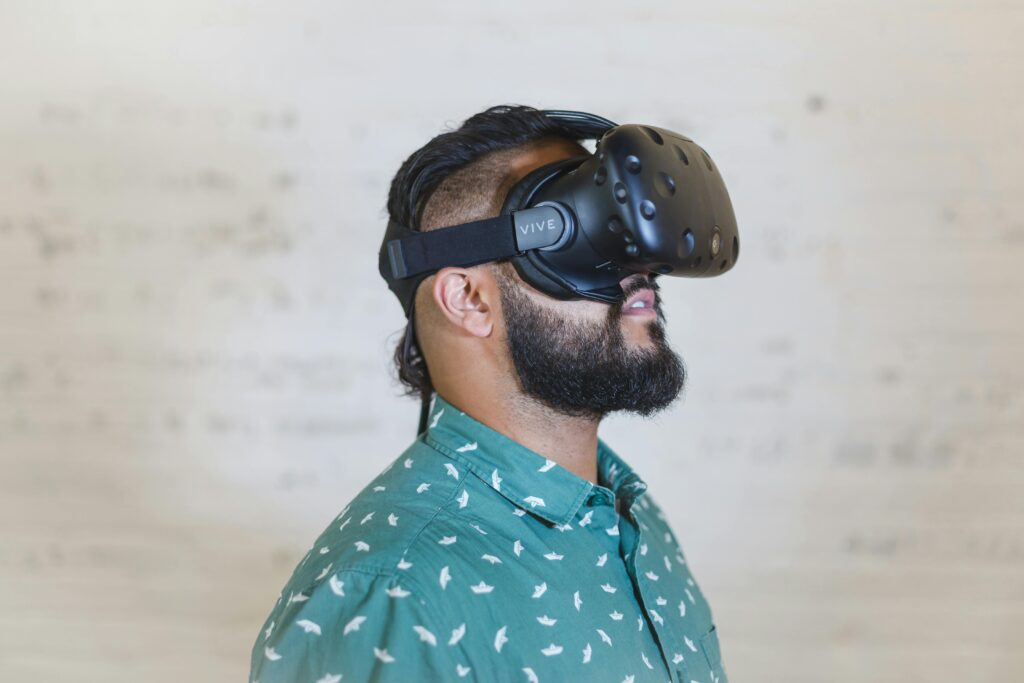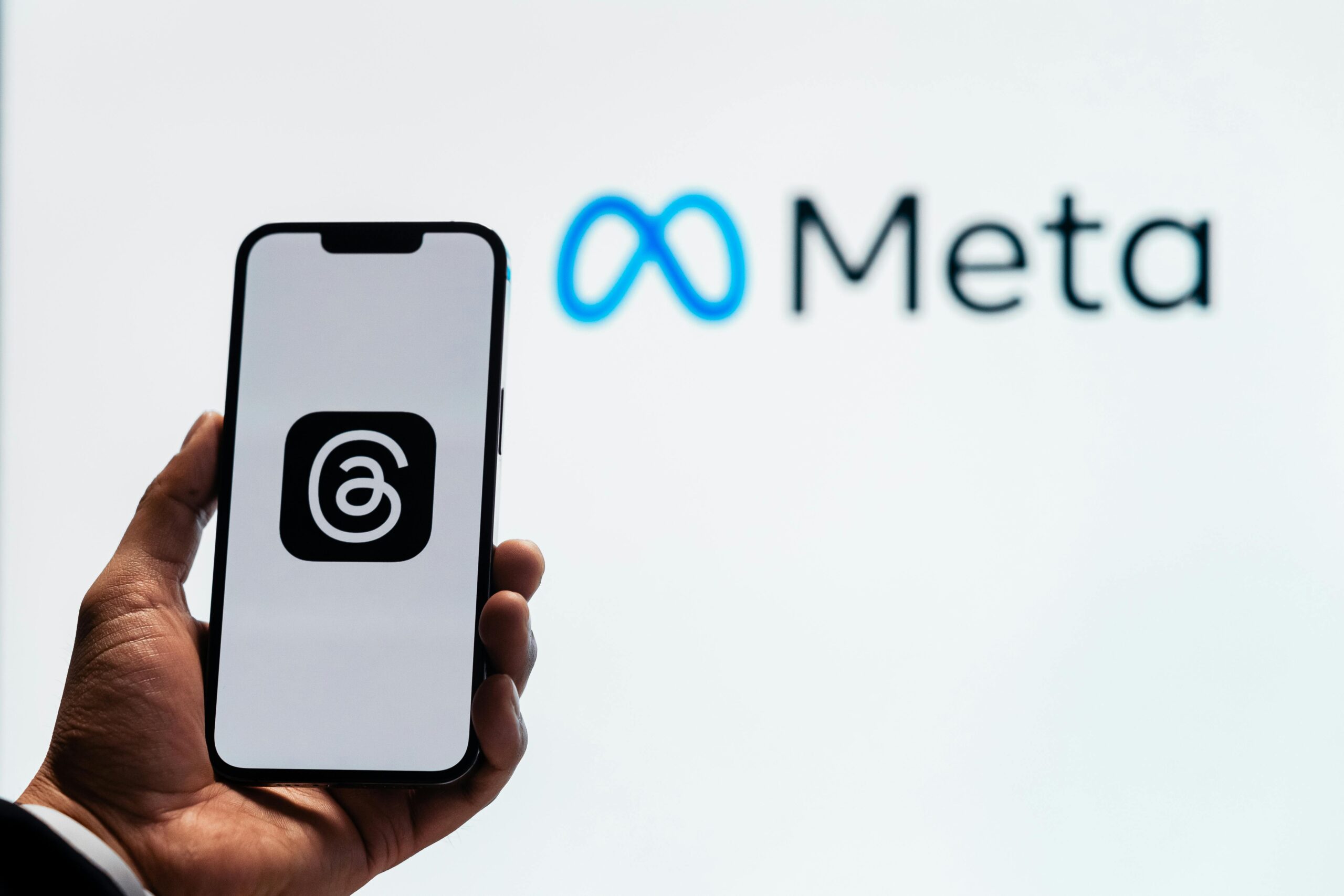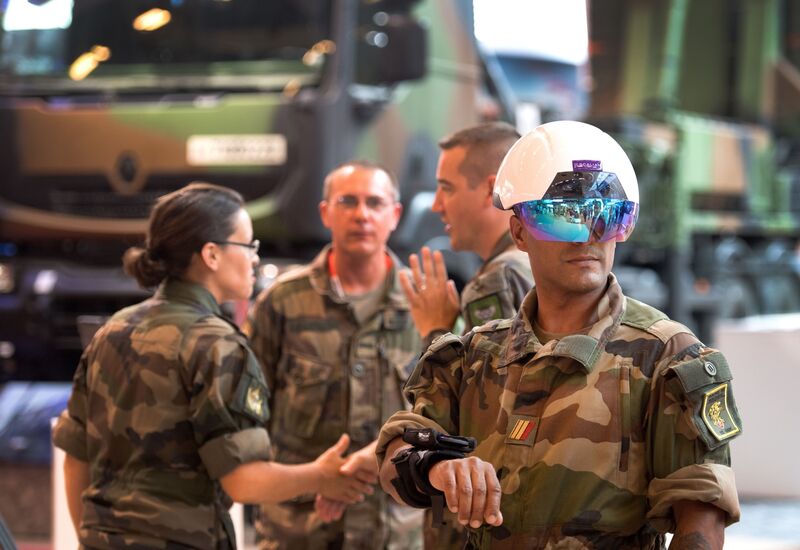By: Jacob Abright
Meta, the tech giant behind Facebook and Instagram, is stepping into controversial territory—partnering with defense contractor Anduril to create artificial intelligence-powered headsets for military training. The collaboration is sparking serious ethical concerns about Big Tech’s growing role in U.S. defense initiatives, especially given Meta’s track record with misinformation and human rights issues.
A New Generation of Combat Tech

The new system, dubbed EagleEye, is being built to provide soldiers with immersive virtual and augmented reality experiences. According to The Wall Street Journal, the high-tech helmets and glasses will enhance vision and hearing, identify distant threats like drones, and integrate with autonomous weapon systems.
The technology fuses Meta’s advanced AI models with Anduril’s battlefield autonomy software. On the surface, it’s a leap forward in modern warfare training. But critics worry that companies with checkered pasts in managing data, influence, and ethics shouldn’t be anywhere near battlefield decision-making tools.
Meta’s Track Record: Cause for Concern?
While Meta may be positioning this as a patriotic return to Silicon Valley’s defense-industry roots, the company’s history casts a long shadow. From its role in enabling propaganda during the Rohingya genocide in Myanmar to Russian disinformation campaigns on Facebook targeting U.S. elections, Meta has faced global scrutiny for how its platforms have been weaponized.
Despite these scandals, Meta’s Chief Technology Officer Andrew Bosworth recently told Bloomberg that there’s a “silent majority” in the tech world eager to support the military. “There’s a much stronger patriotic underpinning than I think people give Silicon Valley credit for,” Bosworth said, arguing that the Valley is reconnecting with its Cold War-era origins in military development.
But those origins include everything from nuclear weapons to surveillance infrastructure—technologies that haven’t always been kind to civil liberties.
VR Headsets and a Dangerous Precedent

Meta’s involvement in developing battlefield tech raises the uncomfortable possibility of AI-powered tools being misused. In an era when political rhetoric often blurs the line between foreign adversaries and domestic dissent, questions arise: How might these systems be used under a future administration hostile to civil rights? Could these tools eventually blur the line between military training and law enforcement application?
These concerns are amplified by Meta’s past interest in developing censorship tools for authoritarian regimes, including China. Although the company ultimately scrapped those ideas, its willingness to explore such partnerships leaves many skeptical about its guiding principles.
What’s at Stake
Without robust federal regulation of artificial intelligence and defense tech partnerships, the public must remain vigilant. The convergence of private tech giants and military institutions is accelerating—and with it, the potential for misuse. Meta’s new role in national defense training isn’t just a technological development. It’s a test of whether democratic oversight can keep pace with innovation.
As the lines between Silicon Valley and the Pentagon continue to blur, one thing is clear: the stakes couldn’t be higher.

